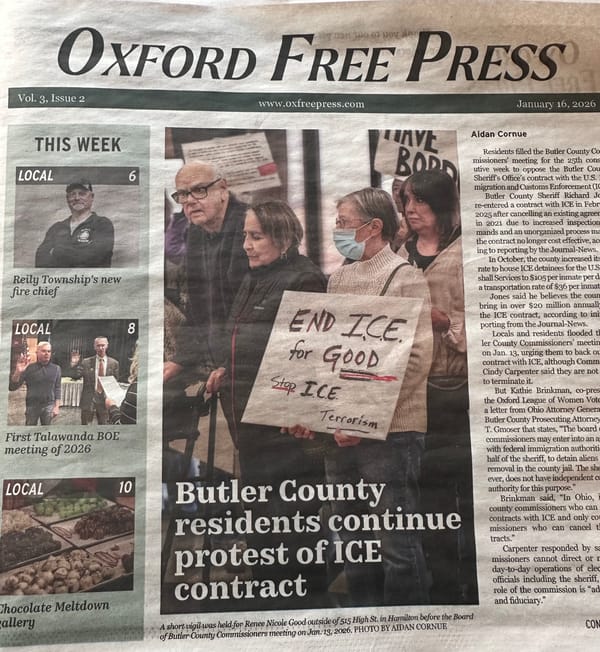The Bureaucracy is not the Deep State
isn't that obvious?
isn't that obvious?
I'll admit that the widespread firings of executive branch employees took me by surprise. I am aware that Trump made certain campaign promises prior to his election that many saw as anticipating these firings, but I had understood something very different from those promises to "demolish the deep state." The reason for my confusion is that the bureaucracy is not the deep state.
The bureaucracy is composed of the workers who staff the state. Bureaucrats tend to have a technical skill that makes them appropriate for their position, and in democracies, merit-based hiring practices select bureaucrats who can be expected to be competent to carry out their tasks regardless of the party in power. That is why bureaucrats are sometimes called "technocrats."
I read the literature on bureaucracy for my first book Bureaucratizing Islam: Morocco and the War on Terror. I was interested in how the Moroccan response to the War on Terror was to hire as many religious leaders as possible and put them on the state payroll. These religious leaders were arranged in hierarchies, and therefore had clear lines of accountability. In doing so the Moroccan state created an incentive structure for religious elites to be loyal to the state's official religious rhetoric. In effect, the state transformed previously independent elites into bureaucrats.
The policy worked. There has been widespread support for the Moroccan state's project of managing religion from the top-down among the groups who would otherwise be the most likely to oppose it. Employing one's potential critics as bureaucrats is a common strategy among authoritarian regimes because it tends to reduce their resistance to state-led projects.
The Deep State, on the other hand, is a term that has long referred to unaccountable security and intelligence services that operate alongside democratic politics. Some people (read: President Trump and Benjamin Netanyahu) believe that the deep state is controlled by "leftists." Netanyahu recently tweeted: "“In America and in Israel, when a strong right wing leader wins an election, the leftist Deep State weaponizes the justice system to thwart the people’s will." This quote shows the conflation of the bureaucracy and the deep state. The deep state does not rely on the justice system. The deep state relies on surveillance, blackmail, and other methods (as in this example). Employees of the Department of Justice are bureaucrats, not part of the "deep state." They fight their battles in the courts.
Another difference between the two groups is that bureaucrats tend to be relatively apolitical and compliant with their superiors. I discussed yesterday how there are forms of resistance available to bureaucrats, and how sometimes they do leverage them for their own interests or the interests of the state, but the overall pattern is that bureaucrats tend to fulfill their job responsibilities in order to advance their own careers.
Members of the deep state, however, operate in a different incentive structure that is often at odds to bureaucrats. Intelligence officers, though they have a clear reporting structure, tend to have more autonomy in how they perform their jobs often operating outside of legal constraints and have significantly less oversight than a bureaucrat.
Another problem with conflating the deep state and the bureaucracy is that virtually all pro-democracy advocates would agree that the deep state is in need of reform. It is common knowledge that the number of security agencies has ballooned out of control in the United States, and that even with organizational changes in the coordination of intelligence agencies, the scope of the security sector makes it unwieldy to govern.
Finally, conflating the bureaucracy and the deep state is problematic because President Trumps actions actually strengthen the deep state. The removal of JAGS and their replacement with pro-Trump figures is a case-in-point. The deep state is now less restrained than it was under the Biden administration. President Trump doesn't want to reduce the power of the deep state, he wants to wield it as a weapon against his political opponents.
My point is going down this rabbit hole is that President Trumps claims that he has a mandate to reduce the size of the federal government. This claim assumes that voters knew he was going to fire thousands of federal workers. Here I have listed just a few reasons why that is likely untrue - some probably thought he was going to reign in the power of the national security state, special interests and/or lobbying groups. While I have no doubt that many of his supporters also favor a reduction in the size of the federal government, I wonder if they wanted it to be done in this way, causing this level of chaos, economic downturn, and with the impact that is coming on our social safety net.

